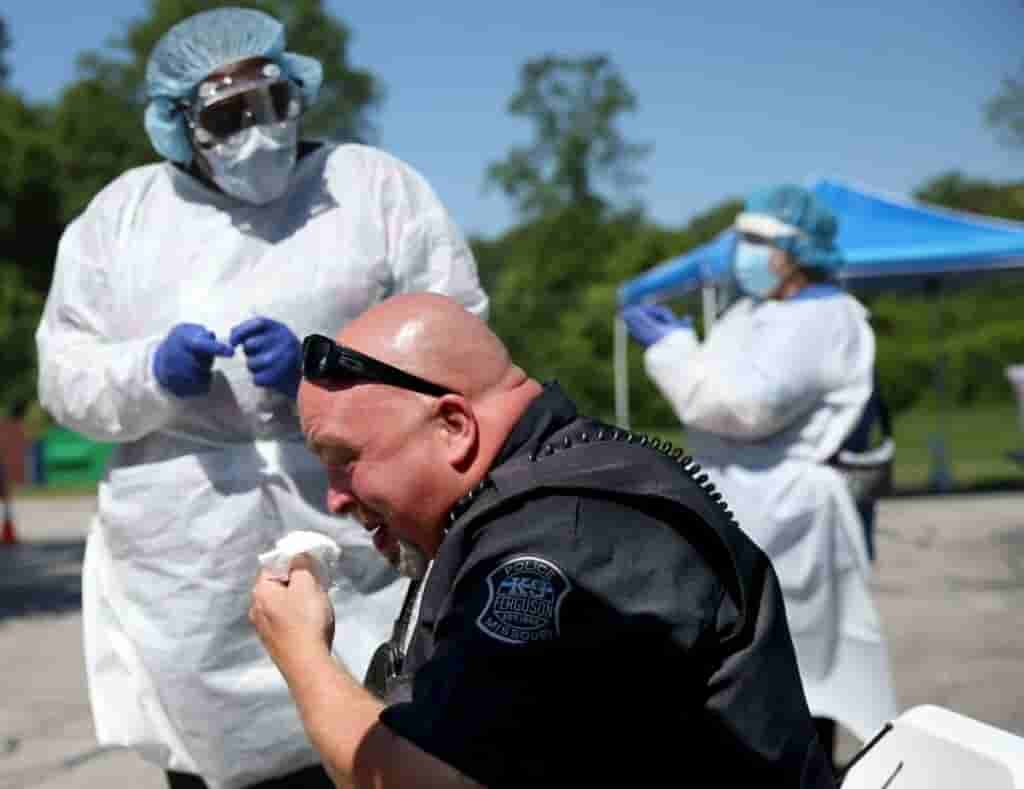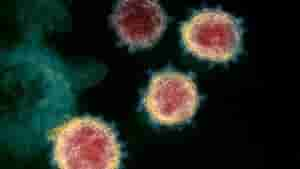Officials in Missouri who monitor the state’s wastewater, which can detect hints of emerging variants of the COVID-19 virus, confirmed that they have found the presence of the Mu variant in just a few samples, but have not detected any recently.
Last week, the World Health Organization categorized the Mu variant as a “variant of interest”. It is the fifth variant of the coronavirus that the organization is currently monitoring. In preliminary evidence, the variant suggests that it has the capability to partially evade protection from vaccination.
Since the discovery of the variant in January in Colombia, the Mu variant has already spread to four dozen countries. In the U.S., about 5, 300 cases have been reported in every state, excluding Nebraska.
California has reported the highest number of Mu cases with 384 cases. 167 of those cases were discovered in Los Angeles County, according to the New York Daily News.
In Missouri, only five cases of the Mu variant have been detected through sequencing of samples, state health officials confirmed. Two of which were detected in May, one in June, one in July, and one in August.

The U.S. Centers for Disease Control and Prevention has not yet categorized the Mu variant since it did not progress against the Delta variant that has caused another surge of deaths and hospitalizations in the country.
The U.S. observed the peak of the Mu variant in mid-July when it compassed nearly 1.5% of cases, data showed. Right now, it’s less than a percentage.
The Coronavirus Sewershed Surveillance Project, which is based at the University of Missouri-Columbia, conducts tests at over 60 community wastewater facilities serving around 3.5 million residents in Missouri.
Researchers involved in the project have seen the same trend in Missouri, where the Mu variant appear to weaken.
Researchers believe that the Mu variant first showed in the wastewater in late June, according to molecular biology professor Marc Johnson of the University of Missouri. Then, it appeared once more at one site in July, and another in early August.
“At the same time, delta (variant) has pretty much taken over in terms of lineages we see,” Johnson said. “It’s the only linage I’ve seen in Missouri in several weeks.”
The state of Missouri is one of the first to introduce wastewater testing last summer and it has been one of the largest projects in the country. “As more and more people get vaccinated, these lineages with some level of vaccine resistance are going to be important things to watch,” Johnson said.
Although the Delta variant is said to be more progressive than the Mu variant, Johnson said that this could change.
“Once delta eventually crests, who knows, maybe mu will make a move,” Johnson said, adding: “it’s hard to predict.”
Once the Mu variant becomes more serious and starts to progress compared to other variants like the Delta, it could be upgraded and categorized to the highest classification which is the “variant of concern.”
According to BJC HealthCare infectious disease specialist Dr. Hilary Babcock, the best defense against these variants is for people to get vaccinated. “Every time the virus replicates and spreads into another person, it can mutate, and it can evolve into a different variant,” Babcock said.
“And the only variants that are going to get a foothold against delta are the ones that are more transmissible, more able to evade vaccines, and more able to evade our preexisting immunity.”
Apart from the Delta and Mu variants, there are other variants being monitored by WHO which are alpha, beta, and gamma.


